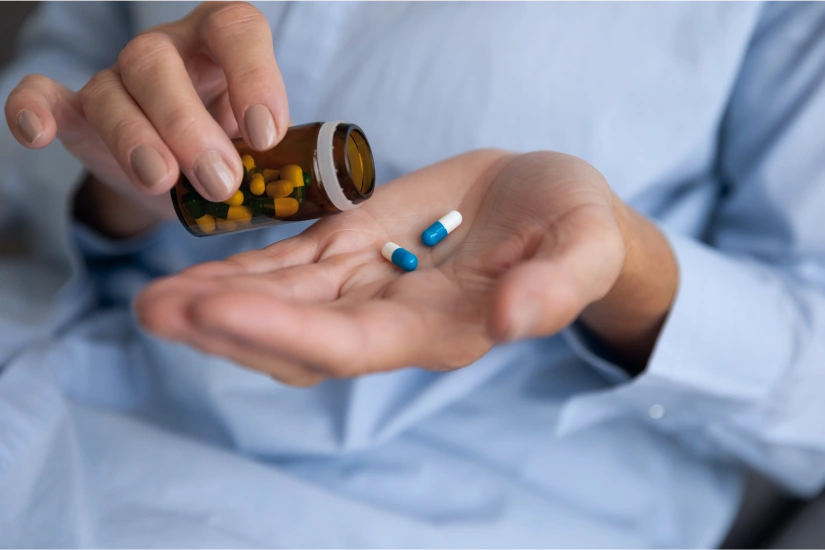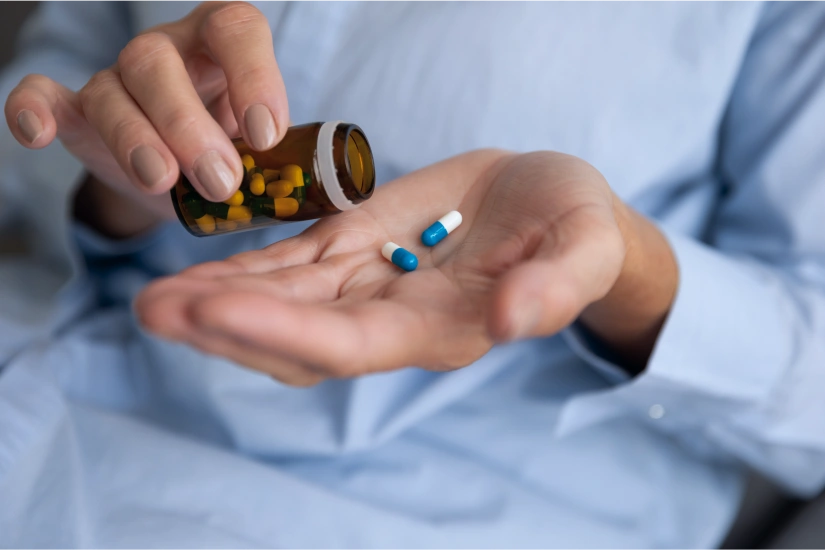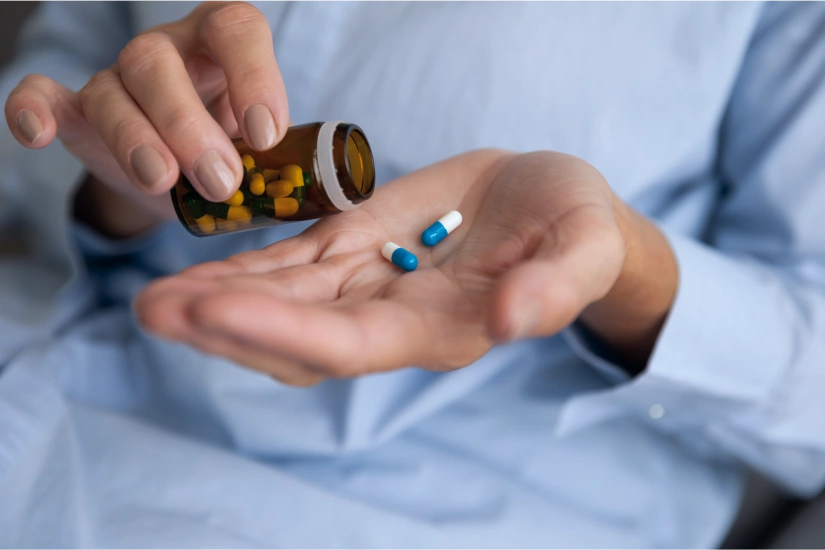24/7 Helpline:
(866) 899-221924/7 Helpline:
(866) 899-2219
Learn more about PTSD Treatment centers in Good Hart
PTSD Treatment in Other Cities

Other Insurance Options

American Behavioral

Choice Care Network

CareFirst

MHNNet Behavioral Health

Kaiser Permanente

Highmark

WellPoint

Sliding scale payment assistance

Holman Group

Magellan

Premera

Oxford

WellCare Health Plans

Ambetter

BlueCross

Group Health Incorporated
Beacon

Health Net

Self-pay options

Providence




















